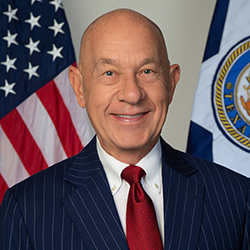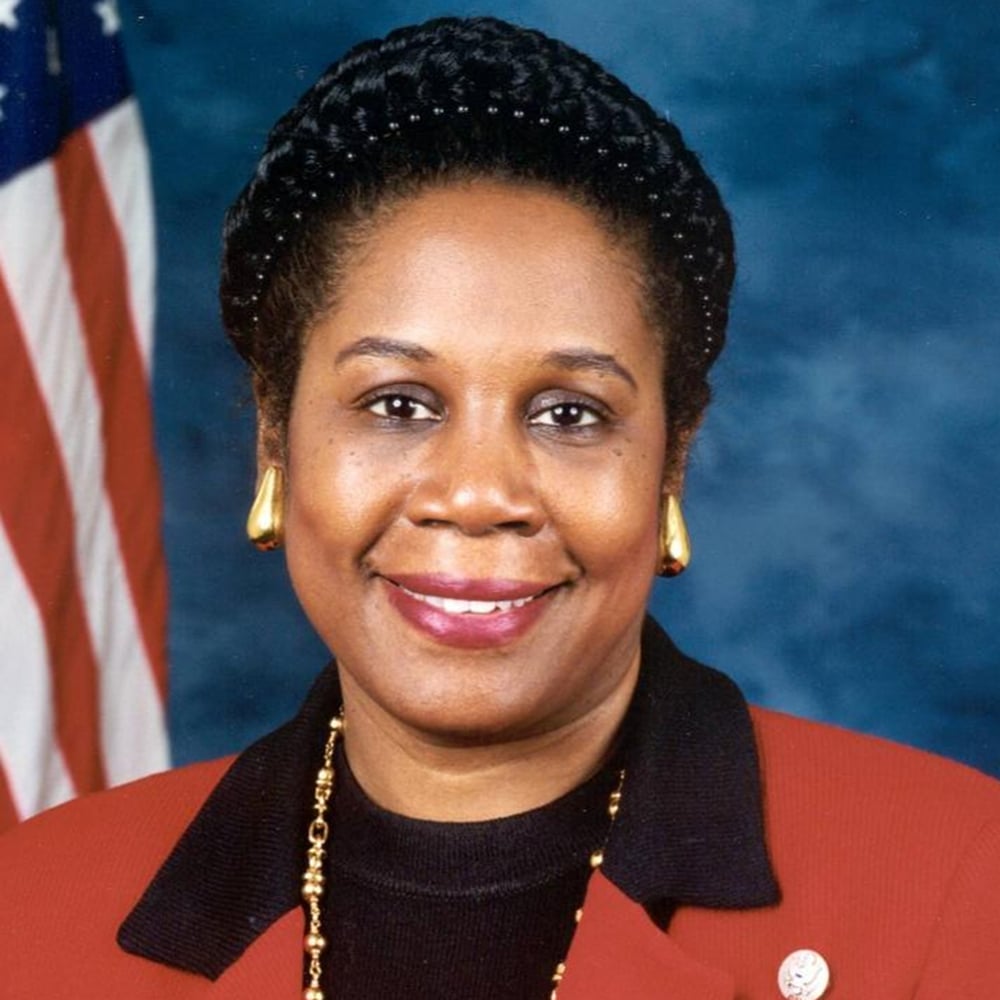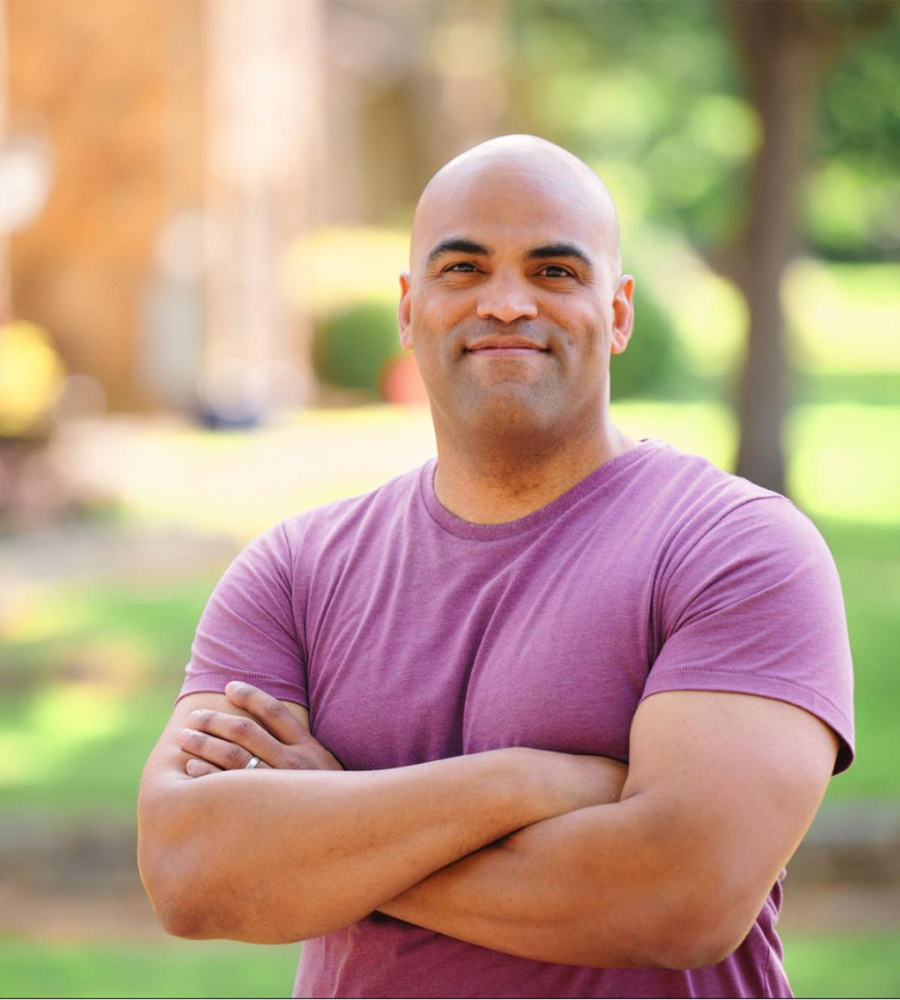Kudos for the serious review, but boy did this go on for a long time without anyone doing anything about it.
Between 2016 and 2024, Houston Police Department leaders had multiple opportunities to question — and potentially stop — the use of an internal case code that has rocked the agency.
Internal auditors found in 2016 that HPD’s division investigating sex crimes used the code — “suspended – lack of personnel” — on one-third of cases in the first six months of the year.
In 2017, the department’s newly appointed captain of the Special Victims Division discovered that their caseload included 1,600 unassigned child sexual assault cases.
And in 2018, then-executive assistant chief Troy Finner, who would later become police chief, found a routine case had been labeled suspended, ordered a commander to research the matter, then never followed up.
Despite at least seven chances to take action or investigate further, no high-ranking police officials halted the use of the code attached to about 264,000 incidents over the past decade, according to a new internal report released Wednesday by HPD and city leaders. HPD’s findings mark the latest disclosure in the scandal that has dogged the department for months and contributed to the May resignation of Finner.
The 43-page report represents the clearest public admission by the department that top brass repeatedly failed to grasp the significance of the code, which signified that police were no longer investigating an alleged crime due to staffing shortages. HPD officials have said the code was a well-meaning but misguided effort in the mid-2010s to highlight the amount of reports the department receives relative to its staffing levels.
“What happened in this particular case… it’s not one person. Or two people. It’s not even five. It was a department fail. It was a leadership fail. It was a systemic fail, and we are working to overcome and to take care of those men, women and children who were possibly, and in some cases were, a victim,” said HPD Acting Chief Larry Satterwhite.
At the same time, the report did not shed much new light on a key, unanswered question: How many crime victims were harmed because police shelved their cases? HPD officials have said a small percentage of victims of more-serious crimes were denied justice, but many property and lower-level crimes typically are not investigated to the fullest extent by police departments across the country due to staffing limitations.
Satterwhite, speaking before the Houston City Council, said very few cases were reopened once they were classified as suspended. Satterwhite repeatedly said “real victims were affected by this,” holding up a rape case in which DNA evidence matched a year-old suspended sexual assault case as a high-profile example of the department’s failures.
[…]
The report’s authors wrote that officers started assigning the code several years ago to crime and incident reports that had workable leads but no one to investigate them. At the time, then-chief Charles McClelland Jr. was lobbying city leaders to boost HPD staffing, and the code was designed to help illustrate the impact of officer shortages.
Department leaders, however, failed to issue written guidance on how staff should use the code, resulting in widespread confusion among rank-and-file officers. Frequent leadership changes and a clunky case management system also contributed to officers deploying the code thousands of times per month.
In the following years, multiple HPD leaders became aware of the code and raised concerns about the code.
In 2021, for example, a sergeant wrote to then-Executive Chief Matt Slinkard that the code “may give the public the wrong impression about how a variety of cases are handled.” Several top HPD officials — though apparently not Finner, who wasn’t included on communications about the code — agreed that the code should no longer be used.
However, HPD officials wrote in their report that they could not find evidence showing the change became part of department standard procedures.
You can see the report here. It has recommendations that are already being implemented, which is good and also a little annoying in the sense that they probably should have been done years ago. I’ve just skimmed the report but it seems to bear out my main concern about this situation, which is that this is at least as much a management problem as it is a funding and personnel problem. Like, how did this not get noticed and acted upon across multiple different leadership regimes? I really want that part of the matter investigated, because to me if we don’t get a better handle on that we’re not going to get any better results from the police no matter how much more we spend on them.
Anyway. Perhaps the Mayor’s independent committee, which has not yet released its report to the public, will address that. In the meantime, some Council members are talking about how they’re gonna pay for this.
Police Chief Larry Satterwhite stressed the need for more officers and resources as he addressed an internal investigation into the department’s dropped cases scandal. For Council Member Sallie Alcorn, who chairs the city’s Budget and Fiscal Affairs committee, that cry for help signaled the city’s need to raise its revenue cap.
City leaders have floated the idea of raising Houston’s revenue cap for years. The current revenue cap was approved by voters in 2004 and tied the increased property tax revenue the city can collect each year to the combined rates of population growth and inflation, or 4.5%, if it was lower.
In 2015, the city ran up against its revenue cap, Alcorn said, and taxes have gone down ever since.
“This was a horrible situation at HPD, but the underlying issue is lack of staffing, and we have known this now for 10 years … Ultimately, the public needs to know we cannot have it both ways,” Alcorn said. “We cannot have super low taxes, where we’re decreasing our tax rate every year and demand that we do a much better job at policing.”
Mayor Pro Tem Martha Castex Tatum said she agreed with Alcorn, and so did Council Member Joaquin Martinez, who also added that the city also needed to consider a trash fee.
“There’s been a plan, and it’s called the revenue cap,” Martinez said. “It’s called the trash fee.”
You know how I feel about the stupid revenue cap. I thought Mayor Whitmire and Council should have addressed it this year, partly because we need the extra revenue now and partly because I don’t think it will be any easier to do the longer we take, but he insisted on waiting. At least we’re talking about it now.









:quality(75)/https://static.texastribune.org/media/files/ea2cf9755e9da4f303e999bdd41e9cf0/0707%20Heat%20Guide%20EH%2054.jpg)







